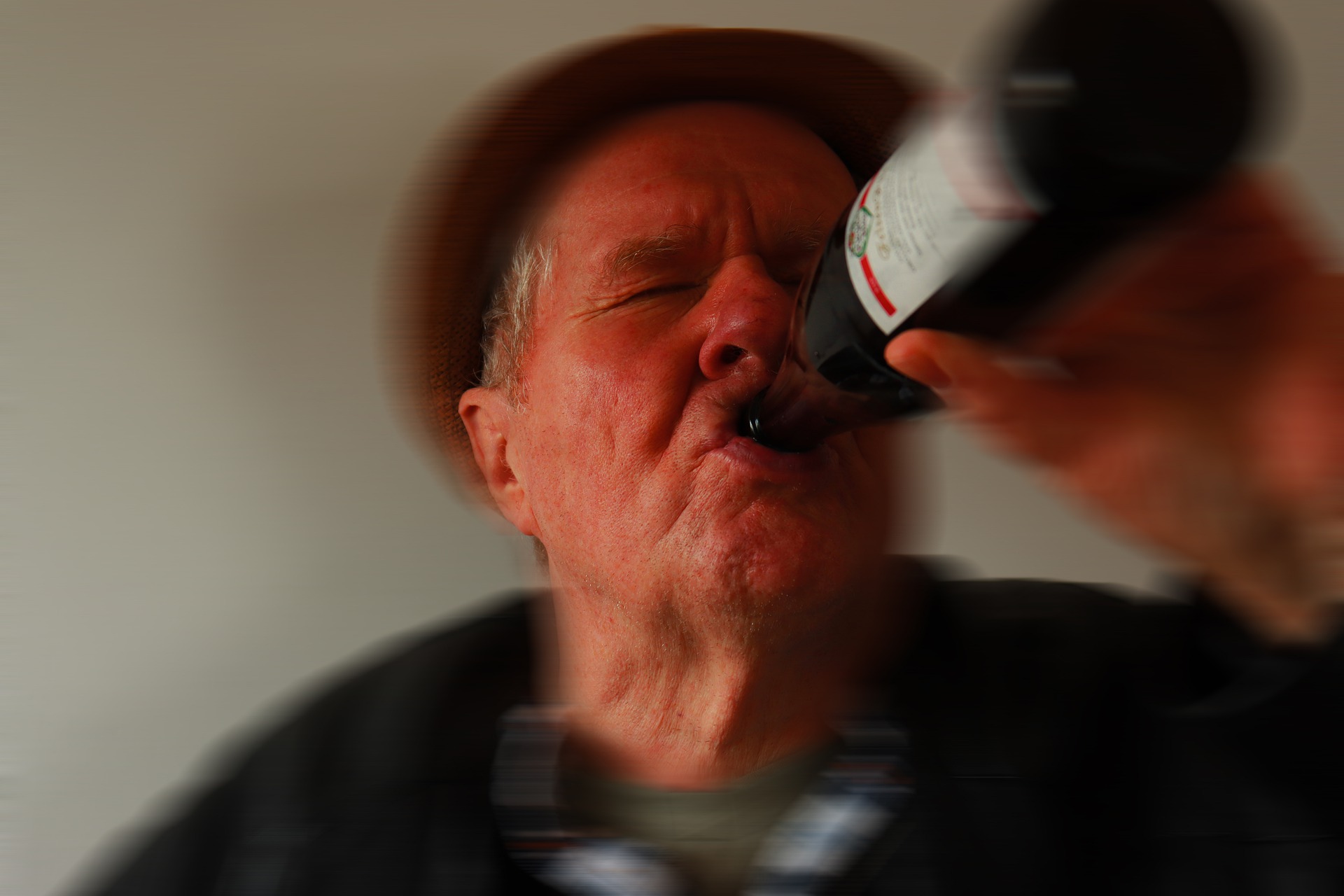Common Struggles Veterans Face When Attempting to Recover From Alcohol Abuse
 It can be tough for veterans to readjust to civilian life after serving their country. There are a lot of struggles they’ll have to face, from not having to follow military protocols constantly to health issues.
It can be tough for veterans to readjust to civilian life after serving their country. There are a lot of struggles they’ll have to face, from not having to follow military protocols constantly to health issues.
For many, this transition is made even more difficult by alcohol abuse. Veterans often struggle with alcohol abuse issues more than the average person. A 2017 study showed that compared to their non-veteran counterparts, veterans were more likely to report heavy use of alcohol (7.5% vs. 6.5% in a 1-month period).
Alcohol abuse is hard to deal with, and it adds another unnecessary burden for veterans. Here are several common struggles veterans face when attempting to recover from alcohol abuse.
Table of Contents
Hangovers
It’s not uncommon to wake up the day feeling hungover when struggling with alcohol abuse. This can make going through your usual routines (like going to work, the gym, and even eating) difficult.
Additionally, having a hangover can leave veterans with headaches, nausea, indigestion, and feeling dehydrated. They may also feel anxious or depressed.
Social Isolation
Veterans with alcohol abuse often isolate themselves. This can be due to feeling ashamed of their condition or just wanting to avoid situations where they may feel tempted to drink.
As a result, veterans may miss out on social activities and even professional opportunities. They may also find it hard to connect with friends and family members who do not understand their situation.
Job performance
Veterans may start to notice that their job performance is slipping. This can be due to a number of things, including absenteeism, tardiness, reduced productivity, and on-the-job accidents.
Many veterans find it hard to keep up with the demands of their job when they’re struggling with alcohol abuse. This can lead to them feeling even more stressed, which can make it harder to stay sober.
Financial problems
Coupled with a decling job performance, financial problems are another struggle veterans face. They may spend more money on alcohol than they can afford or make other poor financial decisions while intoxicated.
Mismanagement of finances can lead to several other issues, including debt, bankruptcy, loan defaults, and constant over drafting. Veterans might also fall behind on their bills, resulting in them losing their homes, cars, and other utilities.
Strained relationships
Alcohol abuse can take a toll on veterans’ relationships. They may find themselves fighting with their partner or spouse more often. They may also start to distance themselves from friends and family.
It’s not uncommon for veterans to lose friends because of their drinking. This can lead to feelings of isolation and loneliness, which can make it even harder to quit drinking.
Difficulty Sleeping
Veterans struggling with alcohol abuse often find it difficult to get a good night’s sleep. This is because alcohol can impact the body in various ways that disrupt quality sleep, such as:
– Increasing adrenaline and leaving you feeling restless
– Interrupting circadian rhythms, which regulate your sleep patterns
– Impacting REM stages of sleep, leading to waking up often during the night
Additional health problems
Alcohol abuse can lead to many health problems, including liver damage, increased risk of cancer, and heart failure. It can also make existing health problems worse. For example, veterans with PTSD may find that their symptoms worsen when they drink.
These health problems can make it difficult for veterans to physically and mentally handle their daily responsibilities. In some cases, they may even require hospitalization.
Getting better
It’s never easy to recover from alcohol abuse. It takes time and effort, but it is possible. Veterans are some of the resilient people out there and have faced many challenges. Getting treatment for alcohol abuse is just one more challenge.
If you or a veteran you know is struggling with alcohol abuse, don’t hesitate to reach out for help. There are rehab options for veterans and other resources available to support you in recovery. Getting better takes time and effort, but it is possible. With the right treatment and support, you can overcome your challenges and achieve your goals.









